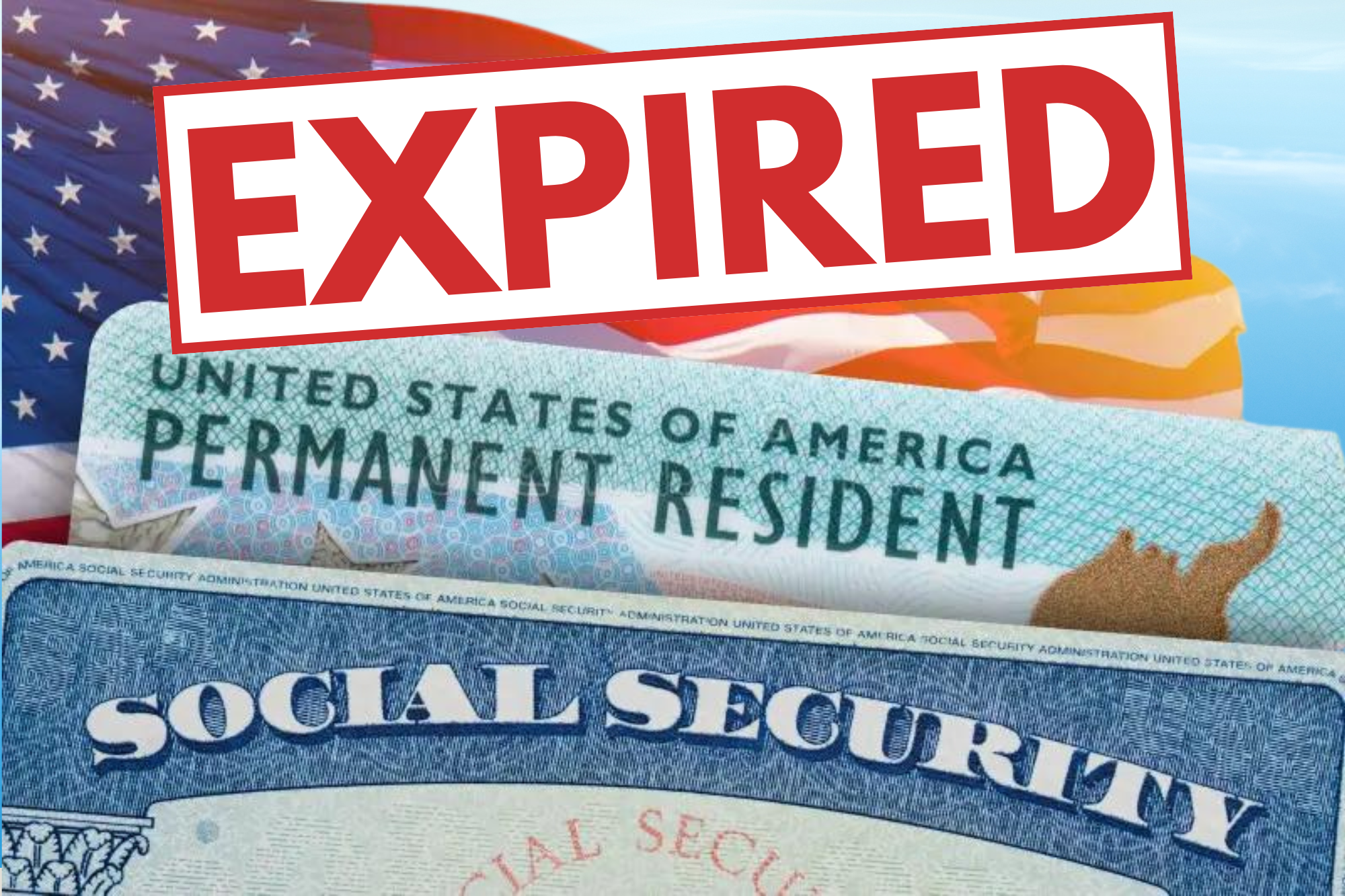
In this article, we’ll explore five ways you can legally work in the US without violating your visa status.
1. On-Campus Employment
This is one of the most straightforward employment options for F1 students. As an F1 visa holder, you can take up part-time work on your college or university campus. You might find yourself working in various roles, such as a library assistant, administrative staff, dining hall worker, or even a research assistant. Not only does on-campus employment provide a financial cushion, but it also fosters engagement with the campus community and helps develop valuable skills.
Student and Exchange Visitor Program – SEVP (For General F1 Visa Information): “As an F1 visa holder, you can take up part-time work on your college or university campus, provided you meet the requirements outlined by the Student and Exchange Visitor Program (SEVP)”
If you’re looking for more detailed information on on-campus employment opportunities, don’t hesitate to reach out to our team for personalized guidance.
2. Curricular Practical Training (CPT)
CPT is a form of employment authorization that allows F1 students to engage in off-campus work directly related to their academic program. These work opportunities can include internships, cooperative education, or any integral work experience related to your curriculum. You’ll need approval from your Designated School Official (DSO) and ensure that your work aligns with your program’s requirements to qualify for CPT.
3. Optional Practical Training (OPT)
OPT is another excellent opportunity for F1 students to gain work experience in the US, which comes into effect after completing their academic program. It offers temporary employment authorization for up to 12 months (or 24 months for STEM fields) and must be directly related to your major area of study. You’ll need to submit an application to the United States Citizenship and Immigration Services (USCIS) and receive an Employment Authorization Document (EAD) to begin work under OPT.
United States Citizenship and Immigration Services (USCIS): “You’ll need to submit an application to the United States Citizenship and Immigration Services (USCIS) and receive an Employment Authorization Document (EAD) to begin work under OPT.”
4. Severe Economic Hardship
Under certain circumstances, F1 students facing unexpected financial difficulties may qualify for Severe Economic Hardship employment authorization. This allows students to work off-campus for up to 20 hours per week during school and full-time during breaks. Circumstances that could make you eligible for this include significant changes in currency exchange rates, unexpected medical expenses, or severe economic conditions in your home country.
Are you facing unexpected financial difficulties and considering the Severe Economic Hardship employment authorization? We’re here to help. Get in touch with our legal team for a confidential consultation.
STEM Optional Practical Training Extension (STEM OPT)
If you’ve completed a STEM degree, you could be eligible for the STEM OPT extension. This offers an additional 24 months of work authorization after the initial OPT period. It provides an excellent opportunity for further practical training and work experience. You’ll need to ensure that your employer is enrolled in the E-Verify program and the employment directly relates to your STEM degree to be eligible for this extension.
Do you need assistance with the STEM OPT extension process? We can make it easy for you. Schedule a consultation with us today.
Important Considerations:
While the benefits of working on an F1 visa are numerous, it’s essential to comply with the regulations and limitations laid down by the US government. Here are a few critical points to remember:
Maintain Full-Time Student Status
This is a key requirement for any form of employment authorization. You must remain a full-time student and make satisfactory progress in your academic program. If you fail to meet these conditions, you risk termination of your visa status and future employment opportunities.
Understand Reporting Requirements
As an F1 student with employment, you’re required to comply with the reporting requirements set by your school. This includes informing your DSO about any changes in your employment status.
Be Mindful of Work Hour Limitations
Understanding the limitations on work hours is critical when on an F1 visa. Generally, during the academic year, F1 students are permitted to work up to 20 hours per week. However, full-time employment (up to 40 hours per week) is allowed during official school breaks or summer vacation. Following these guidelines is essential for maintaining your legal status.
Seek Career Services and Networking Opportunities
Make the most of the career services and resources offered by your university or college. These services can help you find employment opportunities and may include resume writing assistance, interview preparation, and job fairs. Moreover, networking with professionals in your field can provide invaluable insights and potential job leads.
Understand Tax Obligations
Being aware of your tax obligations as an F1 student working in the US is crucial. While certain exemptions might apply, such as the FICA tax exemption, you are generally required to file an annual tax return. Take time to familiarize yourself with the US tax system and consider seeking advice from a tax professional or utilizing resources provided by your institution.
Working on an F1 visa can be a rewarding and enriching experience, offering the opportunity to gain practical skills, achieve financial independence, and immerse yourself in American culture. By exploring options such as on-campus employment, CPT and OPT opportunities, Severe Economic Hardship employment, or the STEM OPT extension, you can maximize your chances of gaining valuable work experience in the US.
The US Internal Revenue Service (For Tax Obligations): “Take time to familiarize yourself with the US tax system and consider seeking advice from a tax professional or utilizing resources, such as those provided by the US Internal Revenue Service (IRS), to understand your obligations.”
Confused about your tax obligations as an F1 student in the US? Our experts can provide you with clear and reliable advice.
Remember, it’s essential to stay informed about the regulations, maintain full-time student status, and fulfill reporting requirements. As you navigate the intersection of education and employment, be sure to capture the opportunities that align with your academic and career aspirations. With careful planning and adherence to the guidelines, your F1 visa can pave the way for a successful transition from student life to the professional world in the United States.
Navigating work opportunities in the US as an international student can be a challenge, but you don’t have to do it alone. Our expert legal team at the Law Office Of Abhisha Parikh can help. Contact us today to get the help you need to make your experience in the US rewarding and hassle-free.
More Guides By Law Office Of Abhisha Parikh:

Your Essential Guide to Immigrating to the US: 5 Key Considerations: “Immigrating to the US is a significant decision that requires meticulous planning and preparation. For more information about the immigration process, check out our article, Your Essential Guide to Immigrating to the US: 5 Key Considerations.”



